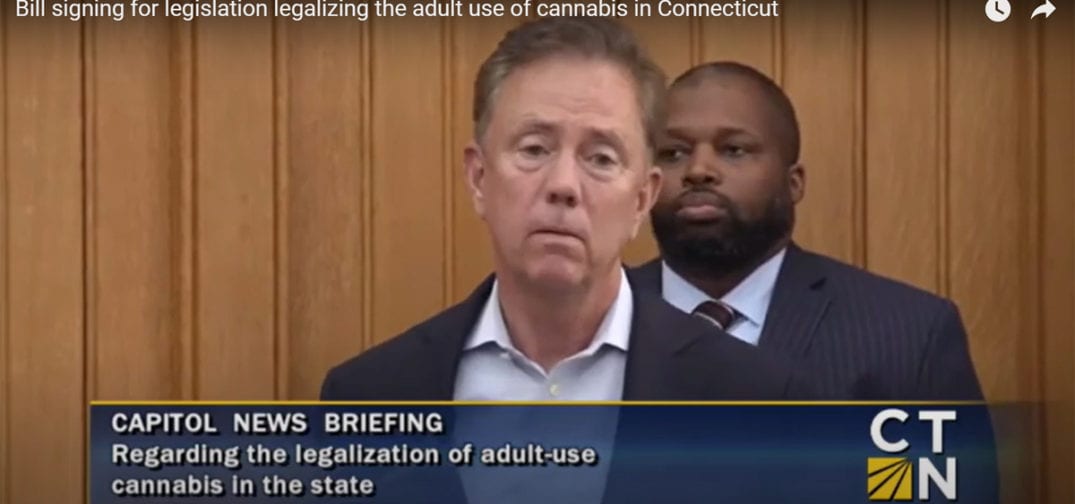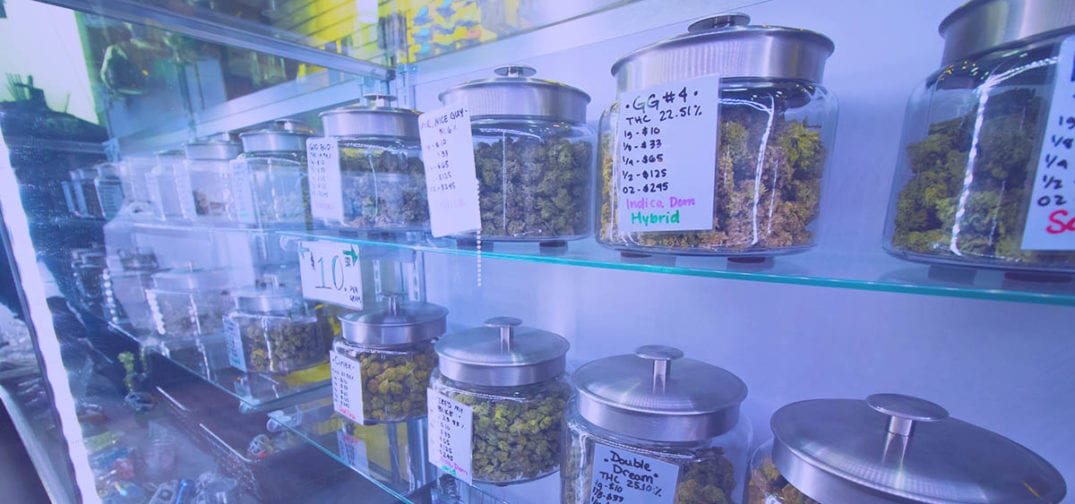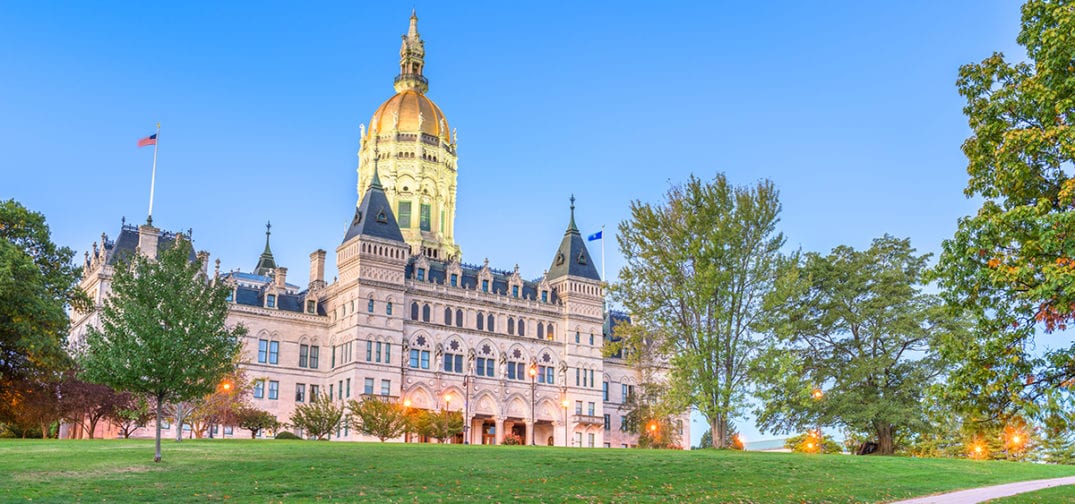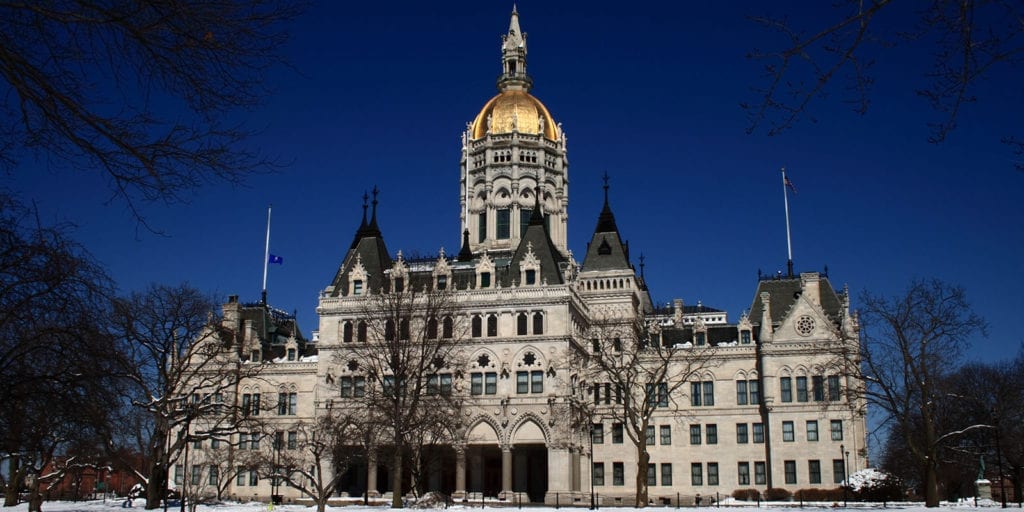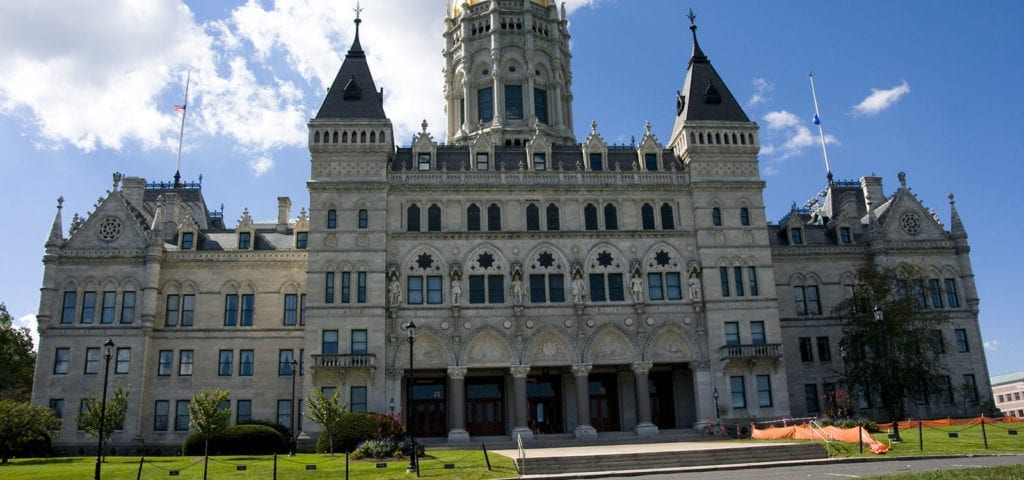In his State of the State address on Wednesday, Connecticut Gov. Ned Lamont (D) said he planned to work to legalize cannabis in the coming session.
“I am working with our neighboring states and look forward to working with our tribal partners on a path forward to modernize gaming in our state, as well as the legislature on legalization of marijuana. Sports betting, internet gaming, and legalized marijuana are happening all around us. Let’s not surrender these opportunities to out-of-state markets or even worse, underground markets.” – Lamont, January 6, State of the State
In 2019, Lamont and other regional governors, including New York Gov. Andrew Cuomo (D), New Jersey Gov. Phil Murphy (D), Pennsylvania Gov. Tom Wolf (D), and Rhode Island Gov. Gina Raimondo (D) announced a joint regional approach toward legalization. Since then, New Jersey legalized cannabis through a voter-approved ballot initiative in November.
Cuomo this week announced a proposal to create an Office of Cannabis Management – a signal that he would include legalization in his Executive Budget for the third consecutive year. In 2019 and 2020, state lawmakers rebuffed the governor’s move to pass the reforms via the budget.
In August, Wolf called on the Legislature to legalize cannabis for adults, saying the market “might be one way” to bridge the state’s budget gap.
Raimondo might not be around to join the regional push for legalization as President-elect Joe Biden (D) announced on Thursday her as his pick for commerce secretary, the New York Times reports. Raimondo had included legalization revenues in her 2020 Executive Budget and supported legalization efforts.
Lamont unveiled a broad legalization bill last year, which included possession limits up to 1.5 ounces of cannabis and 5 grams of concentrates. The measure would set THC caps, prohibit the use of vitamin E acetate in vape products, create a nine-member equity commission and a social equity licensing program, and allow industry participation for individuals with non-violent misdemeanor drug offenses.
Under the governor’s plan, flower would be taxed at $1.25 per gram, trim at $0.50 per gram, and “wet” cannabis at $0.28 per gram. Retailers would also be taxed 3 percent on total gross revenues. The proposal also includes product marketing restrictions – such as a ban on child-friendly shapes for edibles.
A University of Connecticut analysis last year suggested direct state revenue from cannabis sales in the state could be between $784 million and $952 million over five years, according to a Hartford Courant outline of the study. Professor Fred Carstensen, the study’s author who serves as director of the Connecticut Center for Economic Analysis at UConn’s School of Business, estimated that the number of jobs created by the industry would range from 10,424 to 17,462 by the fifth year.
Connecticut has a medical cannabis program and decriminalized possession.


